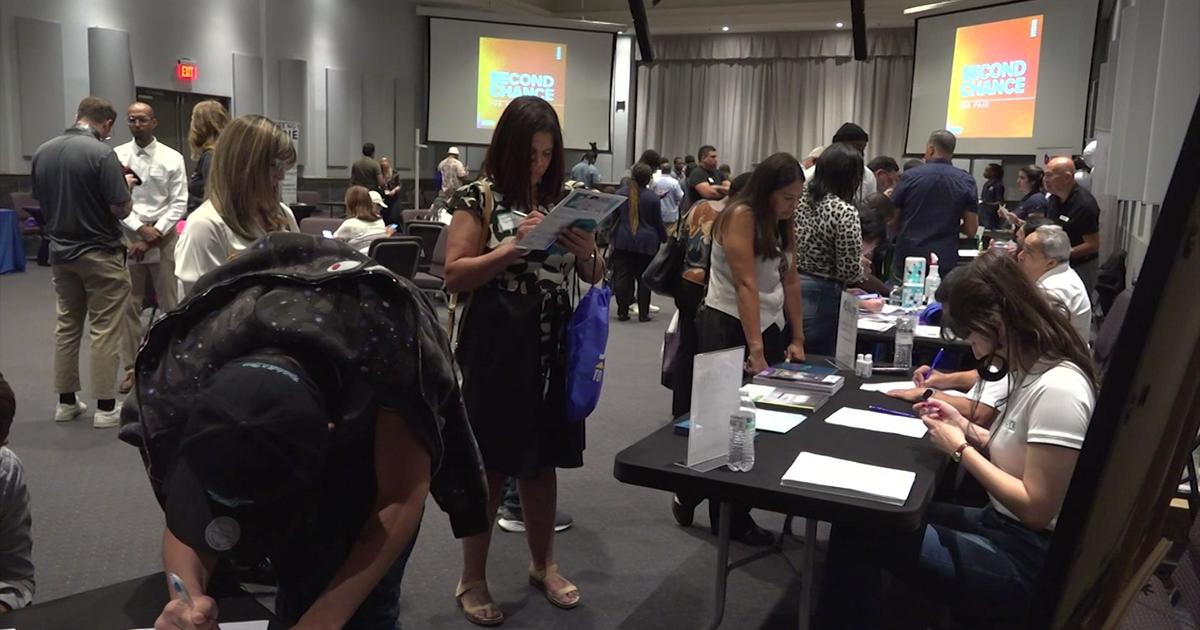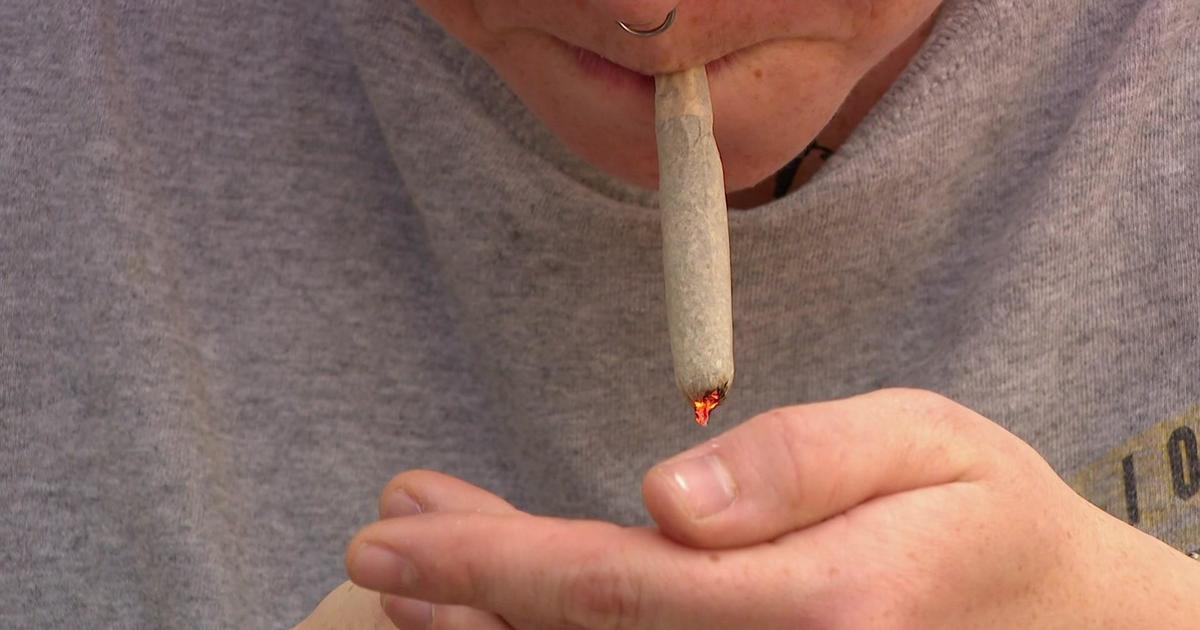Your Bottle Of Wine May Have More Than Grapes
Follow CBSMIAMI.COM: Facebook | Twitter
MIAMI (CBSMiami) -- For winos, or wine lovers, the uncorking of a bottle of wine is a beautiful sound. But you could be uncorking and pouring more than just your favorite kind of glass of grapes.
"The perception is that you're drinking fermented grape juice. The reality is that's not exactly true," says wine expert Christopher Null.
Null studied the contents of modestly priced wines and found a lot more than just grapes
"When you drink a glass of wine, especially a relatively inexpensive glass of wine, your drinking a huge range of compounds and chemicals that you have no idea are present in the wine,."
Gino Santangelo is much more than a wine lover. He's an expert. He's the chief sommelier for The Forge Restaurant in Miami Beach.
Their famous cellar carries more than 29,000 bottles and Gino knows the contents and all.
CBS4's Vanessa Borge asked him, "What makes one bottle more expensive than another?"
"Besides the quality of the wine, the region, the land, the winery the wine maker makes it more expensive," said Santangelo.
But Gino says usually a cheaper bottle has more ingredients other than fermented grapes.
"Nobody wants to add any additives. They want it to be pure. They want it to be wine by itself, but mother nature doesn't work even every year."
So to make even batches year in and year out, wine makers add more than 200 potential additives in wine. This includes sulfites for preservation, mega purple for coloring, gelatin for texture and a chemical called Velcorin which kills any living organisms in the wine.
"That sounds maybe good but it's so dangerous. It has to be handled with special training," said Null.
It's dangerous in large quantities, but experts tells us not to worry because the amount used in a bottle of wine is legal and safe for consumption like all the other additives.
Industry experts say inconsistent grape harvests force wine makers to use additives to make sure each bottle of wine tastes the same but batches could end up tasting different or worse, more expensive.
"The quality of the wine is going to change. and unfortunately the price is going to rise a little bit because there is less grape," said Santangelo.
"And what if you want no additives in your wine," Borge asked him.
"Look for bottles labeled organic or natural. They contain few or no additives," said Santangelo.
"When you're talking about the smaller production there's a lot more natural wine making. You don't have to do as many tricks," said Null.
For Null it comes down to an issue of disclosure.
"I want to know what I'm eating and I want to know what I'm drinking too. Labels should be required on wine just the way they are with any food."
Gino believes the wine should speak for itself.
"I always think one thing about wine. Wine is art. You don't put a label on art," said Santangelo.
Current regulations only require wine makers to disclose if sulfates - a preservative - are present. A spokesperson for the wine industry trade group Wine America said the current labeling standards for wine are adequate.



